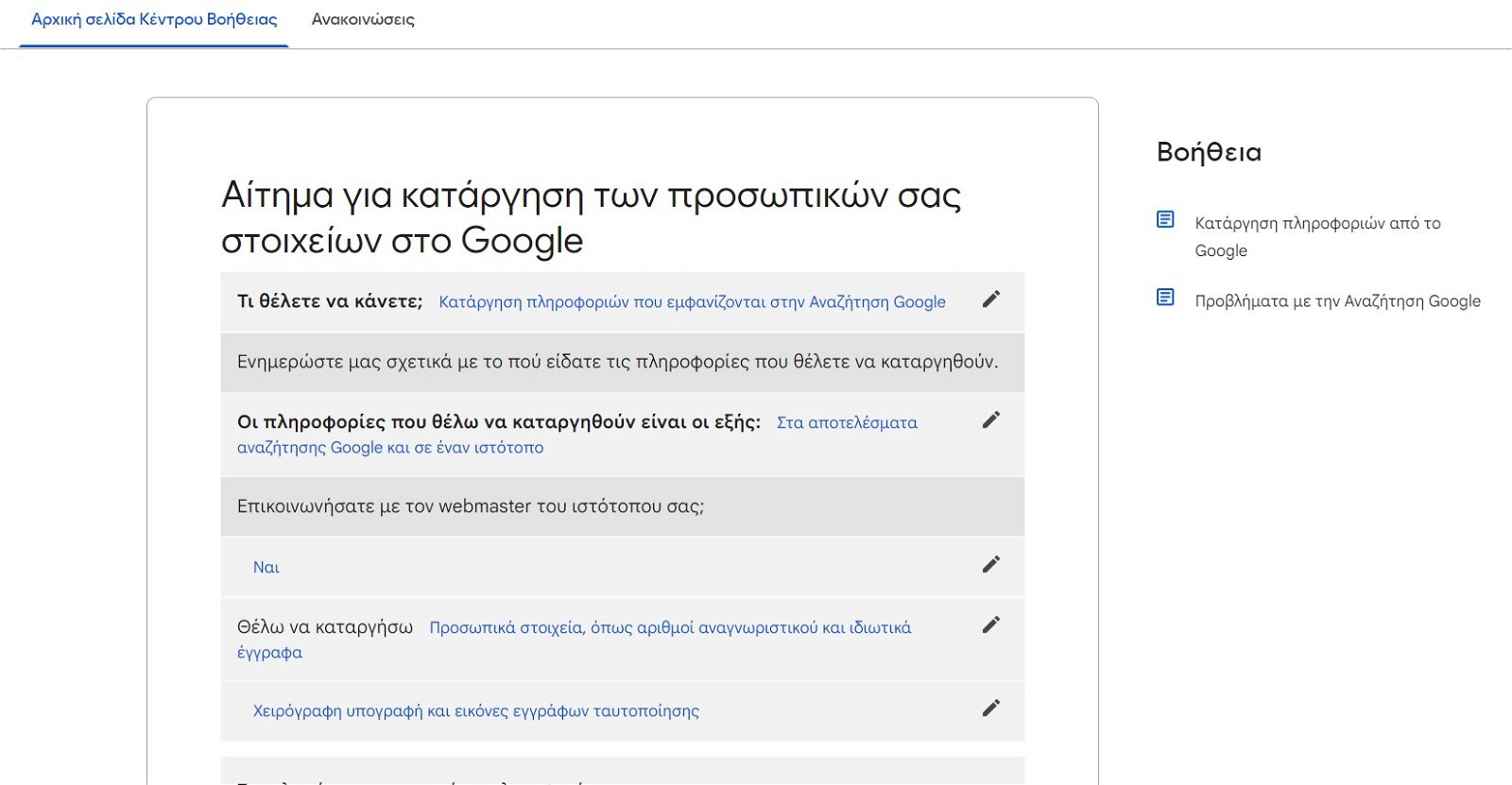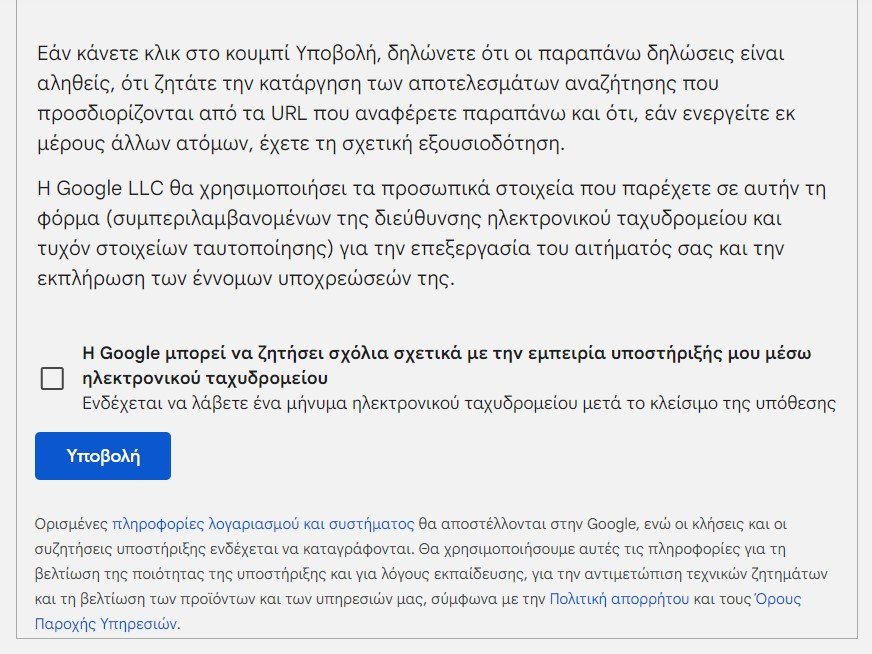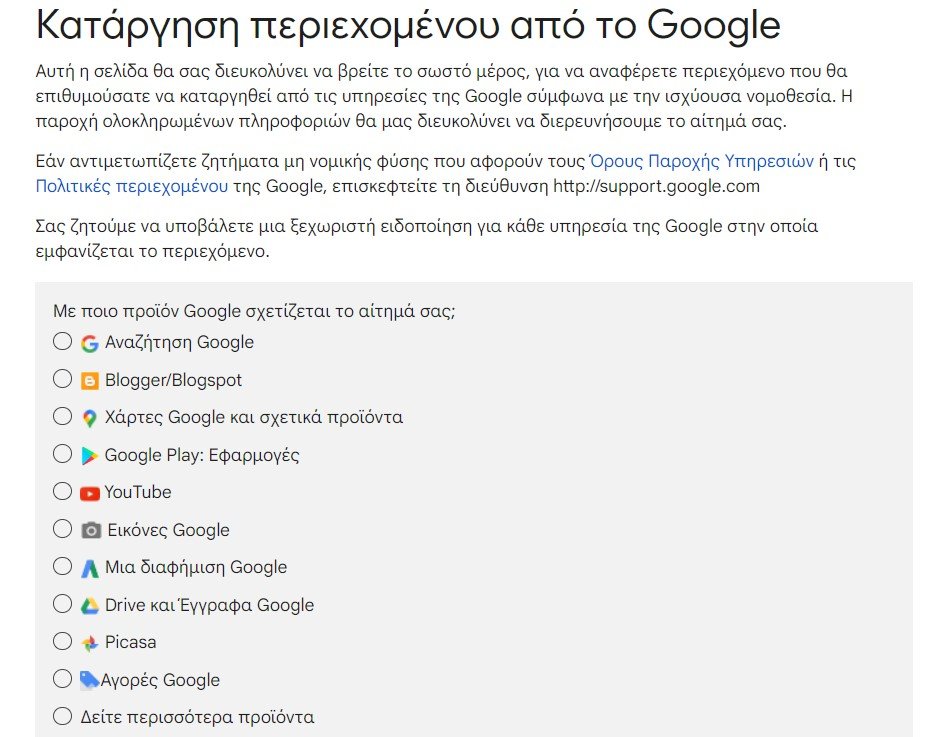See what you need to do to remove your personal information and data from the results search of Google

The presence of your personal information online represents a potential security risk. While some of this information may seem harmless, it could cause a lot of trouble in the wrong hands. With a few steps you can ensure that your sensitive personal information is not easily accessible to anyone.
For someone to find out about you, whether it's your old relationship or a malicious person, it usually starts with a simple Google search. This technique is so common that in colloquial speech the expression for something we are looking for "do we google it?" has come out. But how can you make sure that Google doesn't show your personal information when someone searches for it? See what you need to do.
Why should you worry?

A phone number, one address email or maybe a physics home address in Google search results, doesn't seem to be anything to worry about. You've probably willingly given this information to dozens of people. So why should you worry that a few extra people might find it online?
You are likely to give your personal information only to a close group of people (family, friends, colleagues or business associates). When you provide your personal information to this closed group, you trust that they have good intentions.
However, when your personal information is in a public space like the internet, the whole dynamic changes. You lose control over who has access to this information and for what purpose.
Malicious people can search for this information and use it to scam people using your identity. In addition, with license images driving or your identity collected online, fraudsters can easily pull off a similar fake identity and commit fraud in your name.
In addition to identity theft, your information could also be used to incite people against you online. Sharing your physical address or contact information along with unsubstantiated allegations of wrongdoing may prompt people to harass or physically harm you. At least the neighbors will look at you with "half an eye".
There is a long list of things that could go wrong. Since Google search is one of the most effective ways to find information about people online, keeping your information away from it is a good start to hiding sensitive information.
How to request the removal of your information from Google search results
If you Google your name or any other term related to you and your sensitive information comes up, Google has a way to help you get rid of it.
To get started, go to Google Search Help. If this link does not open in your language, at the bottom of the page you have the option to change its language so that it is fully understandable. You will find a form with questions about your request to remove your data from search results. However, the form is a bit tricky.
On the Google page before the form with the fields to fill in, you'll see a list of five initial questions, to which we have answers in advance. You can easily change your answer to each of these questions by clicking the “pencil” to the left of them.
Depending on your answer to the initial questions, you may receive the specific form to complete the information removal process or be redirected to a different page. To make sure everything goes smoothly, answer the questions, depending on your situation and as shown below:

- For the first question (what do you want to do?), select “Remove information from Google search”.
- For the second question (tell us where you saw the information you want removed), select “In Google search results and on a website”. Use this option only if you have clicked on an active site in the search results to find the information you want to remove.
- For the third question (Have you contacted the webmaster of your site?), select “I would prefer not” if you have not contacted the administrator of the site hosting the information to request removal.
- From now on, choose the type of personal information you want Google to remove from its search results pages. A new form should appear. Provide all the information it asks for and hit the submit button.
This procedure can be followed even for the removal of photographs of minors. Either because your children uploaded a photo of themselves, or because your mother was too proud of you and then uploaded whatever she found in front of her.

After submitting your request, you should receive a confirmation email. Google will evaluate the request using a number of criteria, including those listed below.
It may also ask you to provide more information if necessary. If the request meets their requirements, you will receive a notification once an action has been taken.
But what are the conditions for your request to be approved?
What kind of information can you ask to be removed?
While Google may accept your request to remove a wide range of personally identifiable information, the information should ideally be:
- Pictures of your identity documents, such as a driver's license.
- Images of your handwritten signature.
- Images of a minor.
- Sexual photos of you shared without your consent.
- Bank account and credit card details.
- A confidential government-issued identification number, such as your Social Security Number.
- Personal or official records such as your medical records. and
- Login credentials
From April 2022, you can also request the removal of your personal contact information, such as your phone numbers, email addresses and physical addresses.
However, even when your request meets all of the above requirements, Google may reject your request if the information you want removed is:
- In the public interest (eg, if you are trying to remove information related to your past professional misconduct, it may be rejected)
- Notables (e.g. newspaper articles containing your personal information)
- Provided by a government or other official sources (e.g. Police)
If the content you want removed no longer appears on the website that published it, the search company advises users to use old content removal tool from Google .
What happens when the removal request is approved?
Since Google search is just a search engine, Google will only be able to remove the copy of this information that it has cached or simply stop it from appearing in search results. Original copies will likely remain on the site that posted them.
However, if the site that published the information is hosted by Google's blogging platform (Blogger), you can use Blogger content policy violation tool to remove the content. If the site administrator continues to repeat similar violations after the initial removal, Google may go so far as to remove the entire blog or suspend the owner's Google account.
If you want to remove your personal information hosted directly on any of Google's products, you can use the most widely applicable Google troubleshooter.

Share your personal information with care
The best way to protect your personal information online is to make sure it doesn't appear there in the first place. Whenever necessary, be careful about sharing your personal information, and share as little as possible.
Ως alternatives solutions to your email address, you can use temporary email addresses from providers such as temp-mail.org. You can also just share disposable phone numbers with sites that require them.
No matter how big or secure you think a website might be, be careful about sharing sensitive information. Data breaches happen frequently and your sensitive information could be caught in the crossfire.





